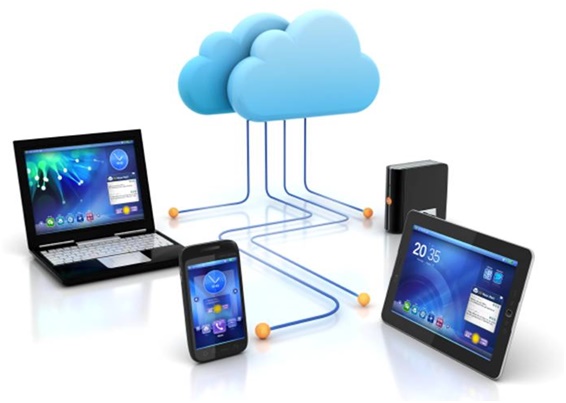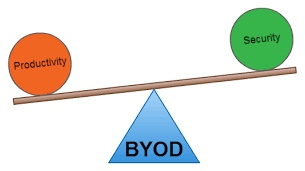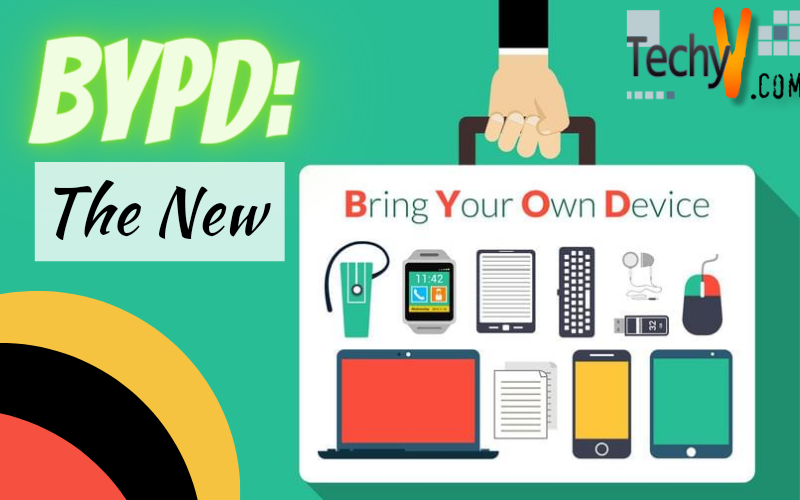BYOD: The New “In” Thing?

Consumerization of IT (Information Technology) has lead to the bringing of consumer software and hardware into the enterprise. This has lead to the coining of various terms like BOYD, BYOP, and BYOPC, which means the same. BYOD is the practice of getting one’s device (laptops, phones, and tablets) to work for accessing the corporate data. BYOD has taken the industry by storm, and 95% of the industries are positively responding to this new trend. BYOD was initially criticized and rejected for certain security issues but today in countries like Brazil and Russia 75% of the employees are using it. Either the companies are already supporting it, or they are at least thinking of supporting it.
- The policy has certain issues but if implemented with confidence can increase employee productivity and empower the workforce. There are quite a few strong reasons as to why the BYOD is advantageous and is being accepted so widely.
- The cost of the hardware and software normally shifts to the employees and saves the company of the extra expenditure.
- Upgrades in the company do not happen so often, and the employees have to wait long for these upgrades, but with BYOD they can upgrade their systems as soon as an upgrade is released.
- BYOD increases the productivity of the employees as they are more comfortable with their own devices.
- Employees can work on the device of their device (You don’t have to work on that Stone Age’s model anymore!).

All of these increase the employee satisfaction, and this is directly proportional to the growth of the company. However, when BYOD is brought into practice by only looking at the advantages, then this may turn into a nightmare quite quickly. That is what happened to the few companies that implemented it without giving much thought to it. Every coin has two sides, and both of them should be taken care of. BYOD has certain disadvantages that might make you think twice before nearing towards this approach.
- With BYOD if the employee’s device gets lost then untrustworthy parties can retrieve the data and get hold of some beneficial information.
- With multiple devices being used the system gets more viruses prone.
- As we know that it is impossible to delete the data completely, so when an employee decides to leave then some snippet of information leaves with him.
- The corporate data has access to n number of devices, and this gives birth to notorious hackers!
- Scalability becomes a problem for the enterprise as the network infrastructure is not able to handle the traffic (an individual uses multiple devices).

By now, I am sure that you have given up the idea of implementing BYOD. But let me remind you that when there is a will, there is a way! Many practices or measures can be adopted to implement BYOD in confidence.
- The sensitive data can be encrypted to keep it away from preying eyes.
- Prevention of local storing of data can be practiced.
- Limiting corporate access to non-sensitive areas.
- Certain applications should be prohibited from being installed.
- Email usage should be limited to corporate email accounts.
- Periodic audits should be conducted to ensure that the device is in compliance with the company’s policy
Everything comes with pros and cons, so does this policy! If you find the right measures to implement BYOD in confidence, then you get a formula of great employee satisfaction. Believe it or not but employee satisfaction is the key to a prosperous enterprise.


















